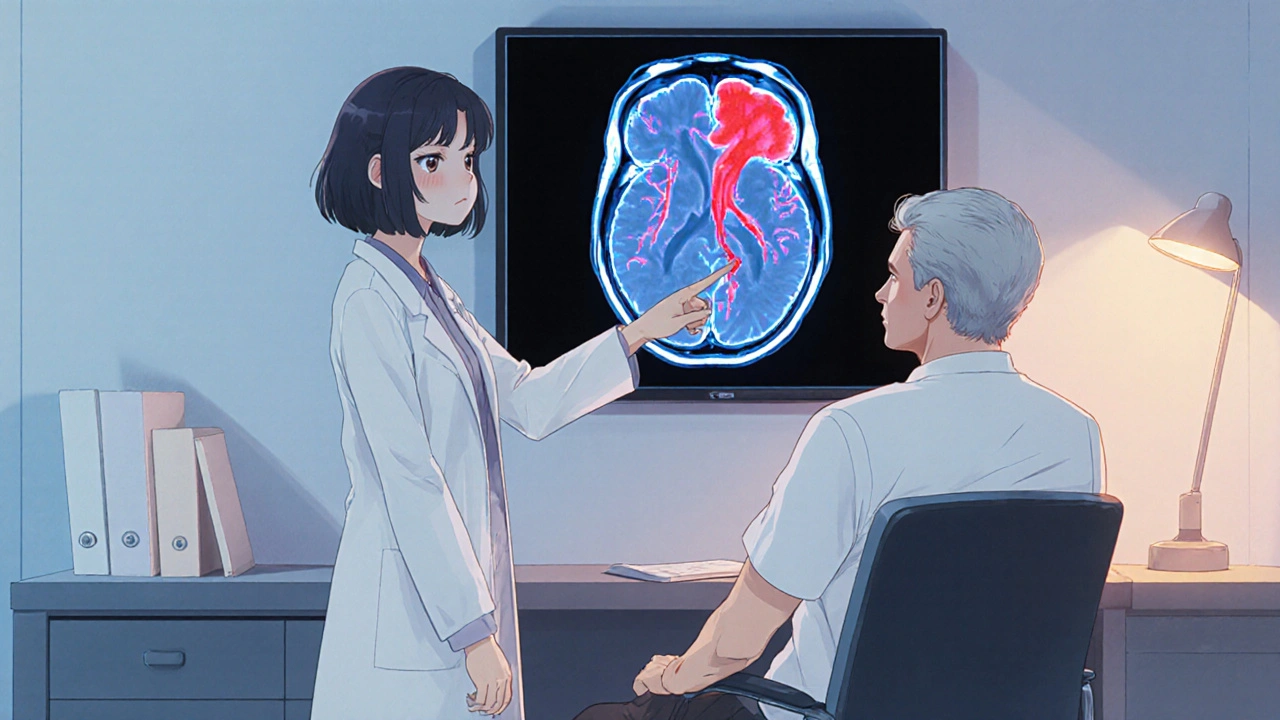Dementia Treatment: What Works, What Doesn’t, and What’s New
When someone you care about starts forgetting names, losing track of time, or struggling with daily tasks, it’s hard not to worry. dementia treatment, a range of medical and non-medical strategies aimed at slowing cognitive decline and improving quality of life for people with memory disorders. Also known as cognitive impairment management, it’s not about curing the disease—but about giving people more good days. Dementia isn’t one thing. It’s a group of symptoms, most often caused by Alzheimer’s disease, the most common form of dementia, marked by plaques and tangles in the brain that slowly destroy memory and thinking skills. But it can also come from vascular problems, Lewy body deposits, or frontotemporal changes. Each type responds differently to treatment, and knowing the difference matters.
There are four FDA-approved drugs used in dementia treatment today: donepezil, rivastigmine, galantamine, and memantine. They don’t stop the damage, but they can slow the drop in mental function for months or even a year or two. For many families, that’s worth it—more time to talk, recognize faces, share meals. Beyond pills, the most powerful tools are often the simplest: regular walking, social connection, structured routines, and managing blood pressure or diabetes. Studies show people who stay physically active and mentally engaged decline slower than those who don’t. It’s not magic, but it’s real.
What’s missing from most doctor’s offices? Support for caregivers. When you’re helping someone with dementia, your own stress, sleep, and health take a hit. That’s why the best dementia treatment, a holistic approach that includes medical care, daily structure, emotional support, and caregiver resources isn’t just about the person with symptoms—it’s about the whole system around them. Things like memory aids, home safety tweaks, and community programs aren’t optional extras. They’re part of the treatment plan.
You’ll find posts here that cut through the noise. No hype. No miracle cures. Just clear comparisons of medications, real talk about side effects, and practical advice on what to ask your doctor next. Whether you’re wondering if a new drug is worth trying, how to handle confusion at night, or what supplements actually have data behind them—you’ll find grounded answers below.

Donepezil’s Role in Treating Vascular Dementia - What You Need to Know
Explore how Donepezil, an acetylcholinesterase inhibitor, can improve cognition in vascular dementia, dosing tips, benefits, risks, and how it compares to other drugs.
More Detail